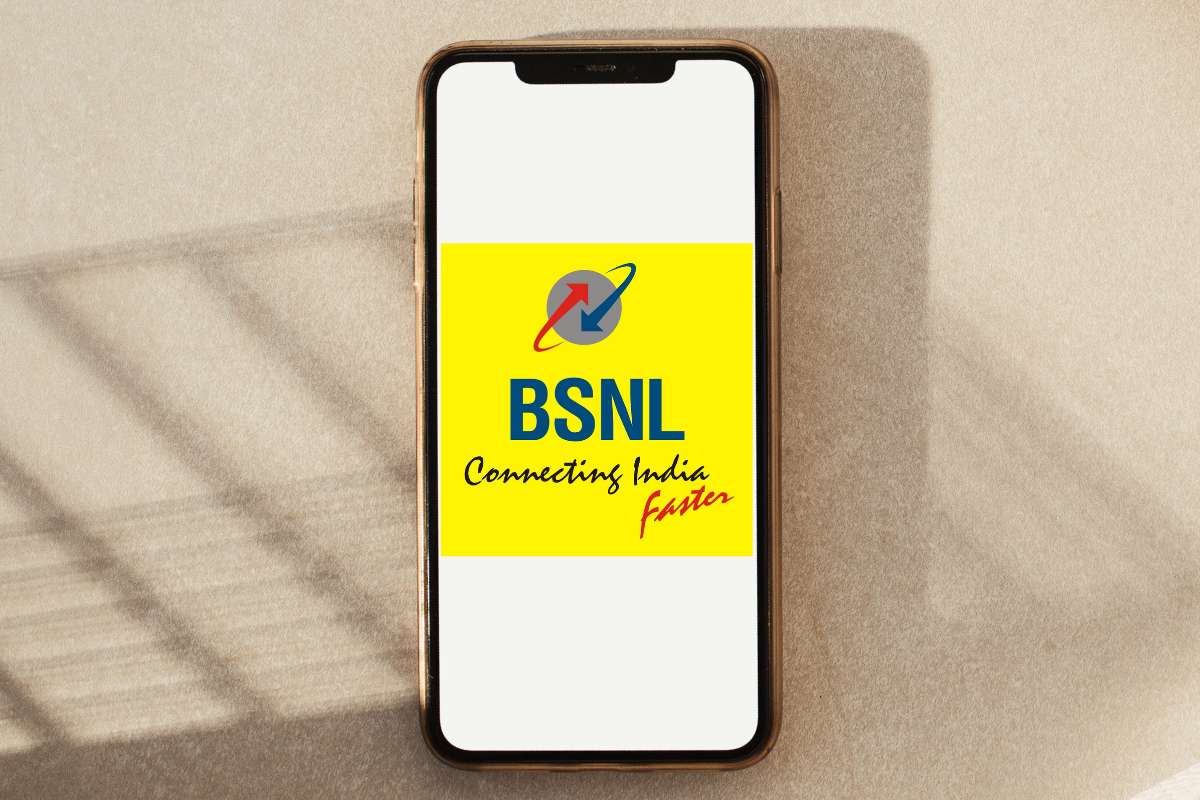Bharat Sanchar Nigam Limited (BSNL), a state-run telecom company, will be upgrading 2343 left-wing extremism (LWE) phase-1 2G sites to 4G. As per a notification from the ministry of communications, the capital expenses along with operating expenses for a period of five years to complete this project will be funded by the universal service obligation fund (USOF) on the actual cost that is discovered by BSNL through its tender process. BSNL will use homegrown 4G technology to upgrade 2G to 4G. The notification from the ministry also said that the operating expenses (including satellite bandwidth and carriage charges for very small aperture terminal) for LWE Phase-1 2G sites during the extended period beyond the contractual period of five years incurred by BSNL shall also be funded by USOF. The fund will be provided as per the cost discovered by BSNL through tender or Rs 72,400 per month per site, whichever is lower. The notification specified that the extension shall be for a period of up to 12 months. BSNL recently awarded Skipper a Rs 2570 crore project for supplying and erecting mobile towers for 4G. This means that the telco’s 4G rollout should happen soon. Tata Consultancy Services (TCS), along with the Centre for Development of Telematics (C-DoT) and Tejas Networks, are playing an important role in enabling BSNL to roll out 4G in the country. The state-run telecom company plans to launch both 4G as well as 5G services in 2023. With its 4G, BSNL would focus on providing mobile network services in rural areas of the country which don’t have access to high-speed broadband. This would contribute to reducing the digital divide in the nation. BSNL would also be able to attract new users to its networks to try out its 4G and, in the short term, would have an opportunity to get a little slice of the subscriber market share from the private telcos.
